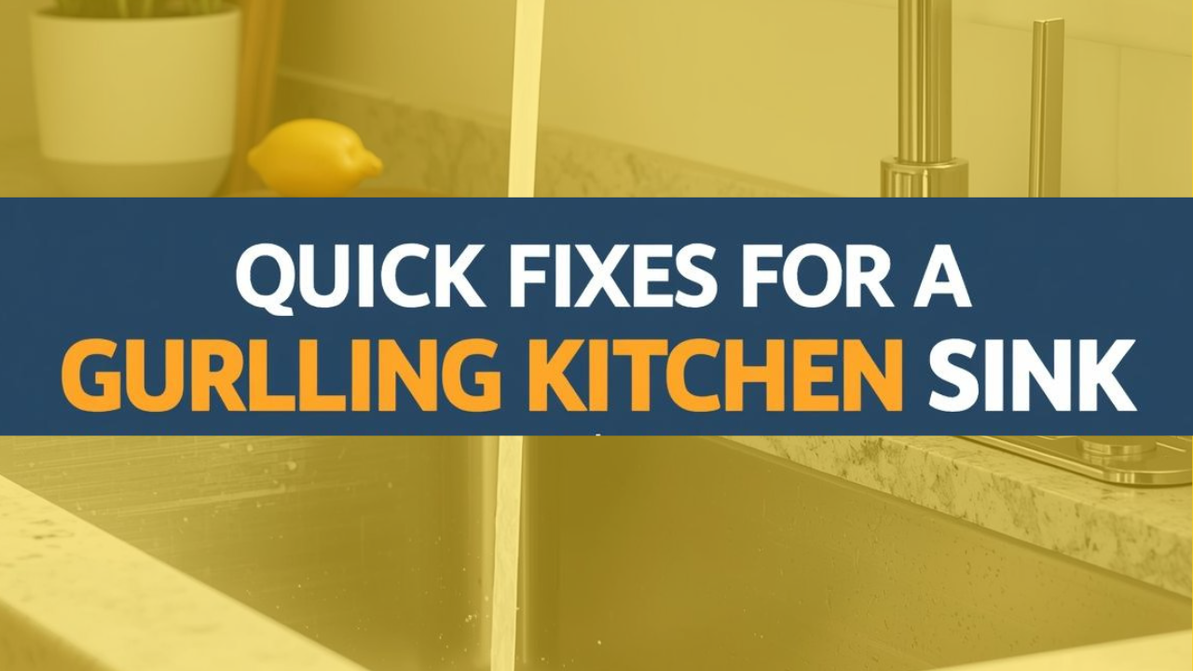5 of the Best Things You Can Do for Your Plumbing
Taking care of your home’s plumbing might not be the most exciting task, but it’s definitely one of the most important. Proper maintenance can keep your system humming along and prevent long-term problems, saving you money in the long run. What are some of the best things you can do for your plumbing to keep it in tip-top shape?
Clean Drains Regularly
Over time, kitchen sinks, showers, and bathroom sinks can accumulate a buildup of grease, hair, soap scum, and other debris, leading to clogs that stress your plumbing. Implementing a routine of regular drain cleaning using a mixture of hot water, baking soda, and vinegar can help dissolve minor blockages and maintain a clear path for water flow. For tougher clogs, a plunger or a plumber’s snake are effective tools.
Watch What Goes Down the Drain
In the kitchen, avoid disposing of grease, food scraps, coffee grounds, and fruit pits in the sink, as they can cause pipe blockages. In bathrooms, use drain guards to catch hair and soap pieces, and be cautious with the use of heavy chemicals that can erode your pipes over time. Educate household members about what can and cannot go down the drains as well.
Check for Leaks
Small leaks can lead to big problems if left unchecked. Regularly inspect under sinks, around toilets, and near appliances for signs of leaks, such as dampness, mildew, or water stains. Pay attention to your water meter, too; an unexpected increase in your water bill could signal a hidden leak. Early detection and repair of leaks not only saves water but also prevents mold growth and structural damage. You can shop for plumbing supplies online to find the extra parts you need.
Maintain Water Pressure
Installing a water pressure regulator can help maintain a steady, safe pressure level throughout your home. It’s also wise to periodically check your water pressure with a gauge. The ideal range is between 40 and 60 psi (pounds per square inch). If you consistently notice higher readings, it might be time to call a professional to address the issue before it escalates.
Anticipate Seasonal Changes
Before winter arrives, take steps to prevent your pipes from freezing and bursting—a common and costly issue in colder climates. This includes insulating exposed pipes, sealing off air leaks near pipes, and keeping your home at a consistent temperature. During warmer months, make sure your sump pump is in working order to handle any sudden influxes of water from rains or floods. These seasonal preparations can safeguard your plumbing system against extreme weather conditions and keep it functioning year-round.
By integrating these tops things you can do for your plumbing, you’re ensuring the smooth and efficient operation of one of your home’s most critical systems. This approach shifts the narrative from reactive emergency fixes to proactive peace of mind. Let these tips guide you toward a harmonious relationship with your plumbing, where unexpected issues are rare and your system’s longevity is significantly extended.
Recent Posts
-
Quick Fixes for a Gurgling Kitchen Sink
A gurgling kitchen sink can be quite a nuisance since it makes such an annoying noise. It usually si …Feb 26th 2026 -
ABS Pipe vs PVC: Choosing the Right Plumbing Solution
ABS pipe vs PVC pipe are two of the most common plastic piping options in plumbing today. ABS (Acryl …Feb 24th 2026 -
What’s the Difference Between PVC and CPVC Pipe?
PVC and CPVC pipes may look similar, but their performance and uses are definitely not the same. PVC …Feb 24th 2026



